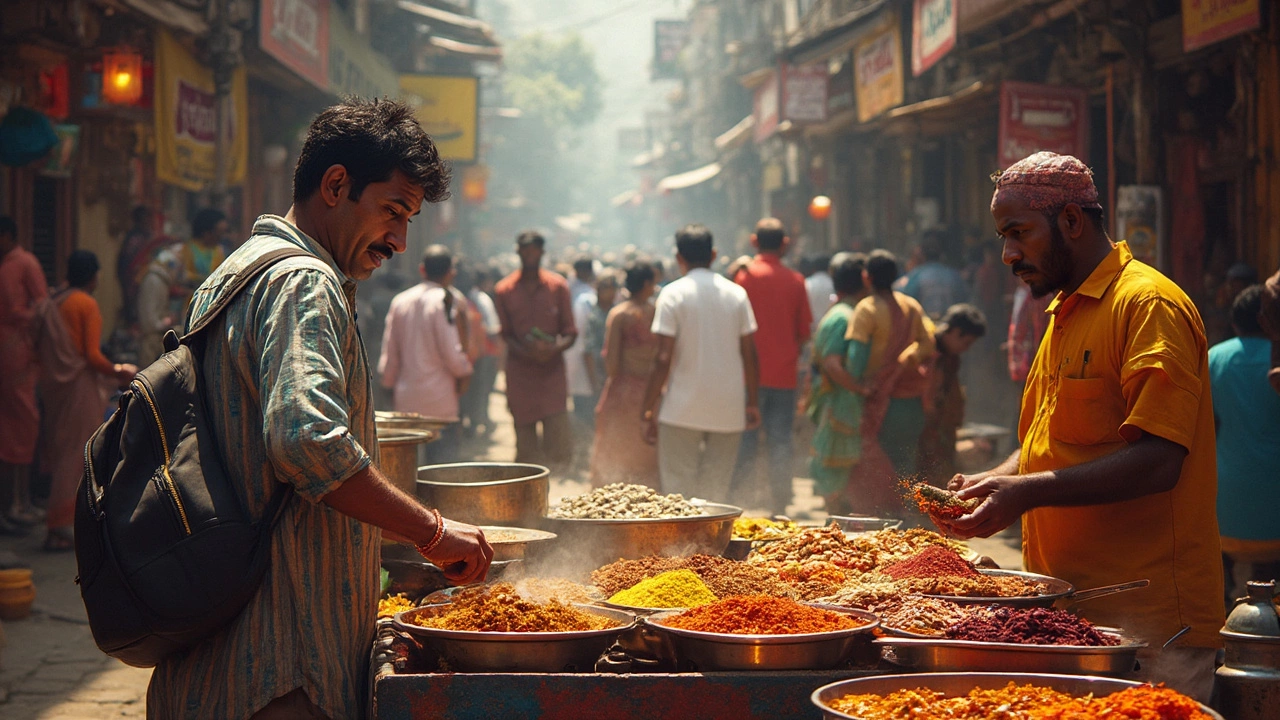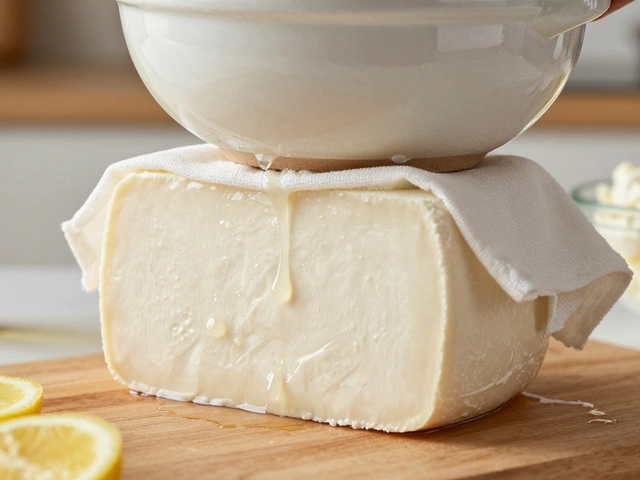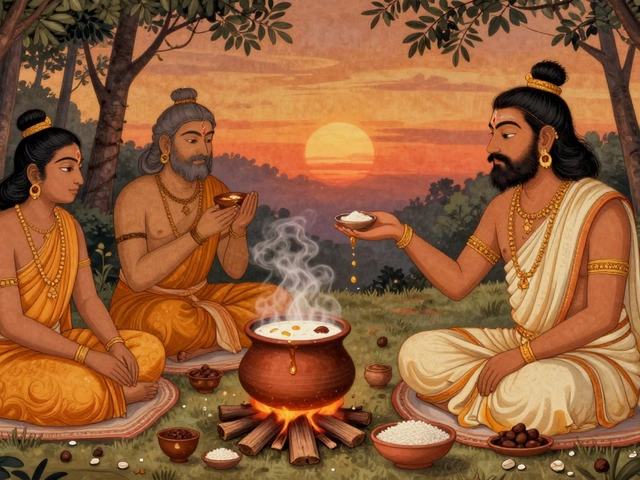So, you're in India and you're craving a juicy steak. But hang on—is it legal to munch on that beef meal? India, with its rich tapestry of cultures and religions, has a complicated affair with beef. It's not just about food preferences; it's a matter deeply linked to religious sentiments and laws.
The cow holds a sacred spot in Hinduism, revered and protected by many. This reverence has seeped into legislation in various states, making it illegal to slaughter cows and sell beef products. But, it's not the whole of India—some states have strict bans, others are more lenient. Pretty intriguing, right? Knowing where you are is key to understanding what you can and can't eat.
Let's talk about the consequences. Eating steak in regions where it's banned might result in fines or, sometimes, jail time—yikes! But don't worry, if you're a meat lover, there are alternatives to sink your teeth into without breaking any laws.
- The Sacred Cow: Cultural Roots
- State-by-State Breakdown
- Legal Consequences of Eating Beef
- Alternatives for Meat Lovers
- Respecting Local Customs
The Sacred Cow: Cultural Roots
In India, the cow is not just another farm animal; it's a symbol of life and sustenance. The reverence for cows can be traced back to ancient Hindu scriptures, where the cow is often linked to deities like Krishna and associated with values of motherhood and earth.
This veneration isn't just about worship; it has real-world implications. Over the centuries, the idea of the cow as a sacred being has influenced the social and legal fabric of India. Laws against cow slaughter have existed since ancient times, and today, many Indian states uphold these laws to honor the beliefs of the Hindu majority.
But why is this important for your India street food adventure? Because in states like Gujarat, Uttar Pradesh, and Rajasthan, eating or selling beef is strictly prohibited. Understanding these cultural roots can help you navigate the local food scene without offending anyone or breaking the law.
Interestingly, the reverence for the cow also supports social and economic practices. The dung and urine of cows are used in various rural applications, from fertilizers to religious rituals. This only strengthens the cow's status as a cornerstone of traditional and cultural life.
For those venturing into areas that celebrate the cow's sanctity, it means more than just avoiding a steak—it's about embracing an entire worldview. So when you're exploring the street food delights of India, knowing this background makes your experience richer and more respectful.
State-by-State Breakdown
India's approach to beef consumption and cow slaughtering varies widely across its states. For anyone exploring the country and its street food, understanding these differences is essential to avoid any legal hiccups.
Let's start with Maharashtra. In this state, both the sale and consumption of beef are banned. This means you won't find any beef steaks in Mumbai's vibrant street food scenes. Violations can lead to fines or imprisonment.
In contrast, Kerala, located in the southern part of India, has a more lenient stance. Here, you'll find beef dishes openly sold and savored by locals, as there are no bans on its consumption. Kerala's diverse culture accepts beef as a common part of daily cuisine.
Heading north, in Delhi, the nation's capital, beef is prohibited. You will see warnings in restaurants and eateries, and they strictly adhere to the laws to avoid hefty fines.
Do you love exploring India's street food delights? In West Bengal, beef lovers are in luck. Unlike many northern states, beef is legally available thanks to the state's different cultural makeup and history of tolerance towards beef consumption.
Rajasthan, with its strong Hindu roots, bans the consumption and sale of beef entirely. Here, the cow is especially revered, making beef consumption a significant taboo.
To help you keep track of all these regulations, here's a quick glance at a few more states and their beef laws:
| State | Beef Legality |
|---|---|
| Tamil Nadu | Allowed |
| Uttar Pradesh | Prohibited |
| Goa | Allowed |
| Punjab | Prohibited |
Travelers need to remember: what's served on your plate depends heavily on where you are in India. So, when in doubt, just ask the locals—they're usually happy to help you navigate these culinary complexities!
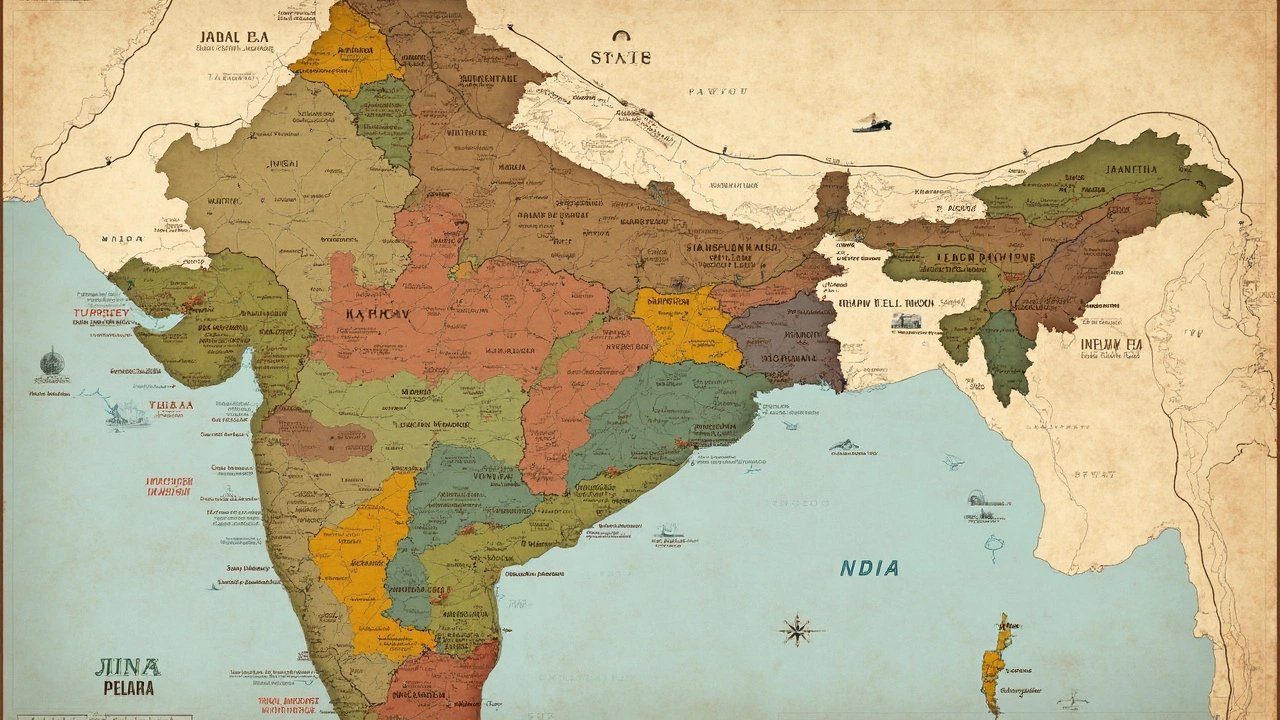
Legal Consequences of Eating Beef
Alright, let’s get down to the nitty-gritty about eating steak in India. Depending on where you are, chomping down on beef can get you into real trouble. It's not just about getting a fine; in some places, it can even mean jail time. Talk about raising the stakes, right?
The legalities revolve primarily around the respect for the cow as a sacred animal in Hinduism. In many northern and central states like Uttar Pradesh, Haryana, and Rajasthan, the laws are pretty strict. Beef eating is outright banned there, and violations can lead to serious penalties. We're talking imprisonment for up to 5 years in some cases. Makes you think twice before throwing a burger on the grill!
Let's not forget states with more flexible rules. Down south, places like Kerala and Goa have different vibes where eating beef is much more common, mainly due to the diverse communities and cultures that exist there. So while you might be dodging fines up north, you could be enjoying a beef stew down south quite comfortably.
Here’s a quick look:
| State | Beef Legality | Punishment |
|---|---|---|
| Uttar Pradesh | Illegal | Up to 5 years in jail |
| Kerala | Legal | No punishment |
| Maharashtra | Illegal | Up to 5 years in jail |
| Goa | Legal | No punishment |
So, what’s the takeaway? Knowing the specific state laws where you're staying is crucial if you're planning on eating beef. Not only does it keep you out of hot water, but it's also a great way to respect local customs and show your awareness of cultural sensitivities.
Alternatives for Meat Lovers
If you're a steak enthusiast in India, don't worry—there's plenty to satisfy your cravings without breaking any rules. India offers a treasure trove of meat alternatives that are equally delicious and often quite healthy too. Let's dive into some tasty options that can stand in for your steak cravings.
First up, we have chicken tikka. This one's a favorite on the streets and packs a flavorful punch with spices that would make your taste buds dance. It's grilled to perfection, giving it a smoky flavor that's hard to resist.
Then, there's lamb or mutton. These meats are widely enjoyed across India and feature in a variety of dishes like mutton biryani or lamb curry. The rich and spicy sauces that often accompany these dishes are top-notch.
For those who don't mind exploring plant-based alternatives, paneer, which is a type of Indian cottage cheese, is a fantastic option. It's versatile and can be cooked in many ways. Try a paneer tikka or paneer butter masala. It's so good, you might forget you're missing the beef.
- Lamb Biryani: A spiced rice dish loaded with tender lamb pieces and aromatic spices like saffron and cardamom.
- Chicken Kebab: Marinated and grilled, these are perfect for a quick grab-and-go snack.
- Paneer Tikka: Marinated cubes of paneer grilled on skewers—a great vegetarian substitute.
Whether you're into meat or open to non-meat alternatives, India's vibrant street food scene has something for everyone. Just remember to respect the local dietary customs while enjoying these delightful eats!
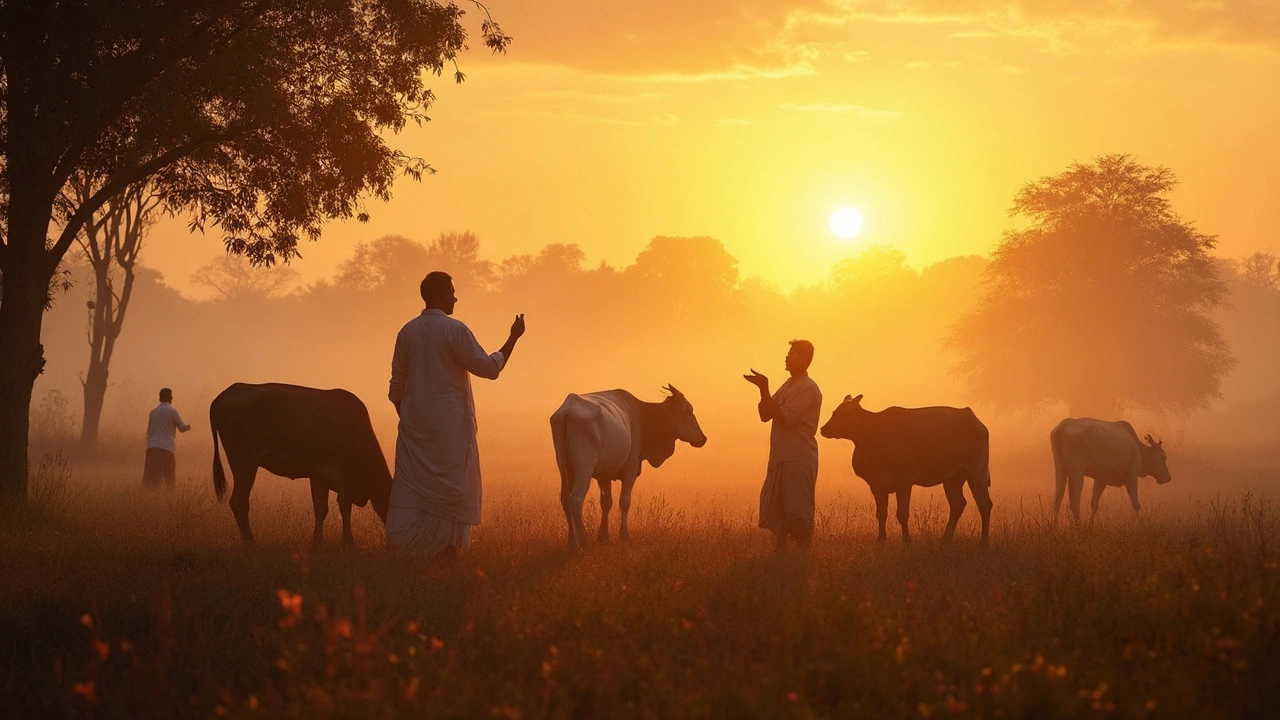
Respecting Local Customs
When you're traveling and diving into something as close to people's hearts as food, you want to tread carefully. In India, respecting local customs isn't just about following laws—it's about honoring cultural beliefs that have existed for centuries. Beef ban is a sensitive topic, and being aware can make your culinary exploration more enjoyable and respectful.
First off, it helps to know that not all states have the same rules. In states like Maharashtra and Uttar Pradesh, the laws are quite strict. But in states like Kerala and Goa, the meat scene is a bit more relaxed. Knowing where you’re wandering will help you understand the local vibe.
If you’re a die-hard meat lover, look for alternatives. Chicken and lamb are popular street foods and often pack flavors that will tickle your taste buds in ways you wouldn't expect. Many vendors offer spicy and savory dishes that could be healthier and just as tasty!
- Do a quick online search or ask locals about the food scene in each area.
- Look for eateries with a good local following. It’s often a sign that the food is authentic and acceptable by the community's standards.
- Engage with the locals—sometimes, hearing directly from them about their food practices can be the most enlightening.
Travel is as much about the people as it is about the places. So even if you have to skip that steak, soaking in the culture might offer you more than any dish ever could. This approach will not only keep you on the safe side of the India beef legality spectrum but will also enrich your travel experiences with unique insights.
